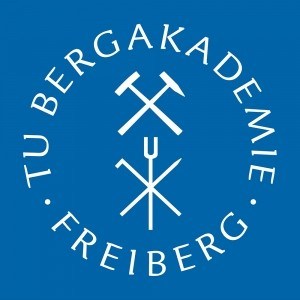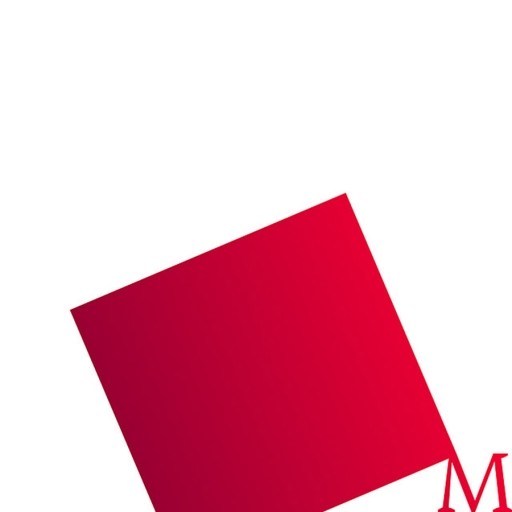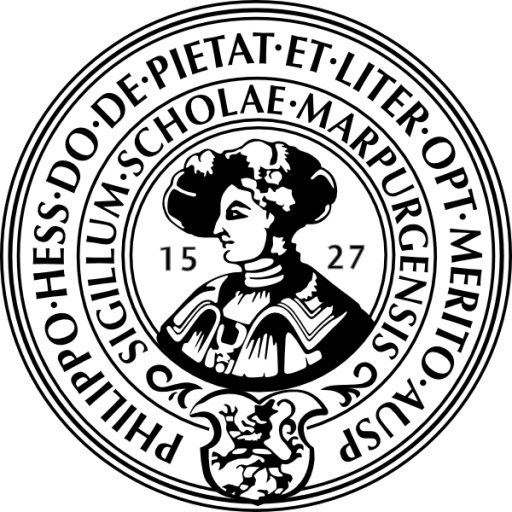The Master of Science in Computational Materials Science at Freiberg University of Mining and Technology offers students an in-depth understanding of the fundamental principles and advanced computational techniques used to analyze and design materials across various industries. This interdisciplinary program combines principles from materials science, physics, chemistry, and computer science to equip graduates with the skills necessary to address complex challenges in material development and optimization.
Throughout the program, students explore the structure-property relationships of metals, ceramics, polymers, and composite materials, employing cutting-edge simulation tools and computational methods such as finite element analysis, molecular dynamics, quantum mechanics, and data-driven modeling. Emphasis is placed on integrating theoretical knowledge with practical applications, enabling students to perform predictive modeling and contribute to innovative solutions in sectors like aerospace, automotive, energy, electronics, and environmental technology.
The curriculum includes comprehensive courses on materials characterization, computational methods, thermodynamics, kinetics, and machine learning techniques relevant to materials science. Students also engage in laboratory work, computational projects, and interdisciplinary research, which foster problem-solving abilities and collaborative skills necessary for modern scientific environments. Additionally, the program provides opportunities for internships and collaborations with industry partners, enhancing practical experience and employment prospects.
Graduates of the MSc in Computational Materials Science are well-prepared for careers in research and development, materials engineering, or pursue doctoral studies. They possess a strong foundation in computational modeling, experimental procedures, and analytical skills, enabling them to contribute effectively to the development of new materials with tailored properties. The program emphasizes innovation, responsible research, and global societal challenges related to sustainable materials and technologies, aligning with the university's commitment to excellence and sustainable development.
Educational organisation
First semesterBackground courses will be offered to bring all students to the same level.
All the materials of interest at TUBAF will be discussed: metals, ceramics, semi-conductors, sensors
Second semester
Advanced topics on mechanical engineering and solid state physics
Students will become familiar with molecular dynamics modelling, continuum mechanics, finite element method and fracture mechanics.
Third semester
Students will become familiar with dislocation theory and discrete element modelling.
Advanced class in the field of plasticity
Advanced class on high performance computing
Personal project on scientific programming methods
Fourth semester
The last semester is dedicated to the Master's thesis
For more details see:
- http://tu-freiberg.de/international-masters-program-in-computational-materials-science
- http://tu-freiberg.de/studium/studienangebot/computational-materials-science-master
Study abroad unit(s)
Not usually included, but possibleForms of assessment
Written exams, oral exams, home assignments, project workCourse objectives
Graduates will be well-prepared to pursue their successful careers in academia or research centres. In addition, they are guaranteed to meet the requirements to work in many industrial areas, such as the automotive industry, metallurgy, microelectronics, materials manufacturing and processing or safety assessment.Language requirements
TOEFL with at least 79 points (Internet-based), 213 (computer-based) or 550 (paper-based) or equivalent testsIELTS score 6.0
Academic requirements
Candidate ProfileThe Computational Materials Science Master's Programme is open to students who want to build bridges between fundamental science and engineering science. The CMS programme is designed to attract students from different fields of science and engineering to emulate an interdisciplinary environment and enable team work between scientists and engineers.
Minimum Conditions of Admission
Bachelor's degree or an equivalent degree in the field of Mechanical Engineering, Materials Science, Solid State Physics or other comparable studies.
Grade Point Average better than 75%.
Last degree (Bachelor's or Master's) must be less than two years ago.
Enrolment fees
Approx. 90 EUR per semesterCosts of living
Living costs amount to 500-600 EUR per month, including accommodation, insurance, food, sports, and other costs.Job opportunities
There are opportunities for part-time work and student jobs.Funding opportunities within the university
The "Deutschlandstipendium" is open to international students.http://tu-freiberg.de/en/international/financial-support#DtStip
Arrival support
The International Centre provides support to new international students by assigning a mentor to each new student. A buddy is a German or international student who speaks German and English, sometimes French, Spanish or Russian. The mentor takes the newcomer through the first steps in Freiberg and at the university, i.e. picking the student up at the train station upon arrival, helping with enrolment, and with all other required administrative formalities (e.g. health care, opening a bank account, administrative formalities at city hall). Students who wish to participate need to register well in advance of their arrival (http://www.iuz.tu-freiberg.de).Services and support for international students
Intensive and individual professional advice is provided by the supervisors and coordinators of the programme. The International Centre offers support to all international students with the buddy programme and German language courses as well as information and consultation about studying and living in Freiberg.Student initiatives offer valuable cultural services for all students and PhD students at the TU Bergakademie Freiberg and support the intercultural exchange at the university. Their activities include the international weekend at the beginning of the winter semester, the regular international corner with thematic evenings, and trips to interesting places in Germany.
Psychological counselling is also provided to all students in need.









